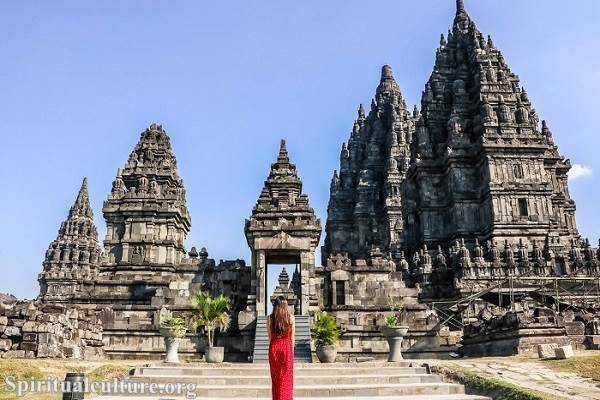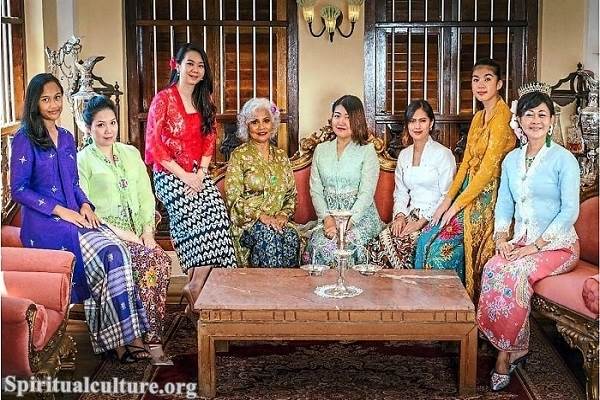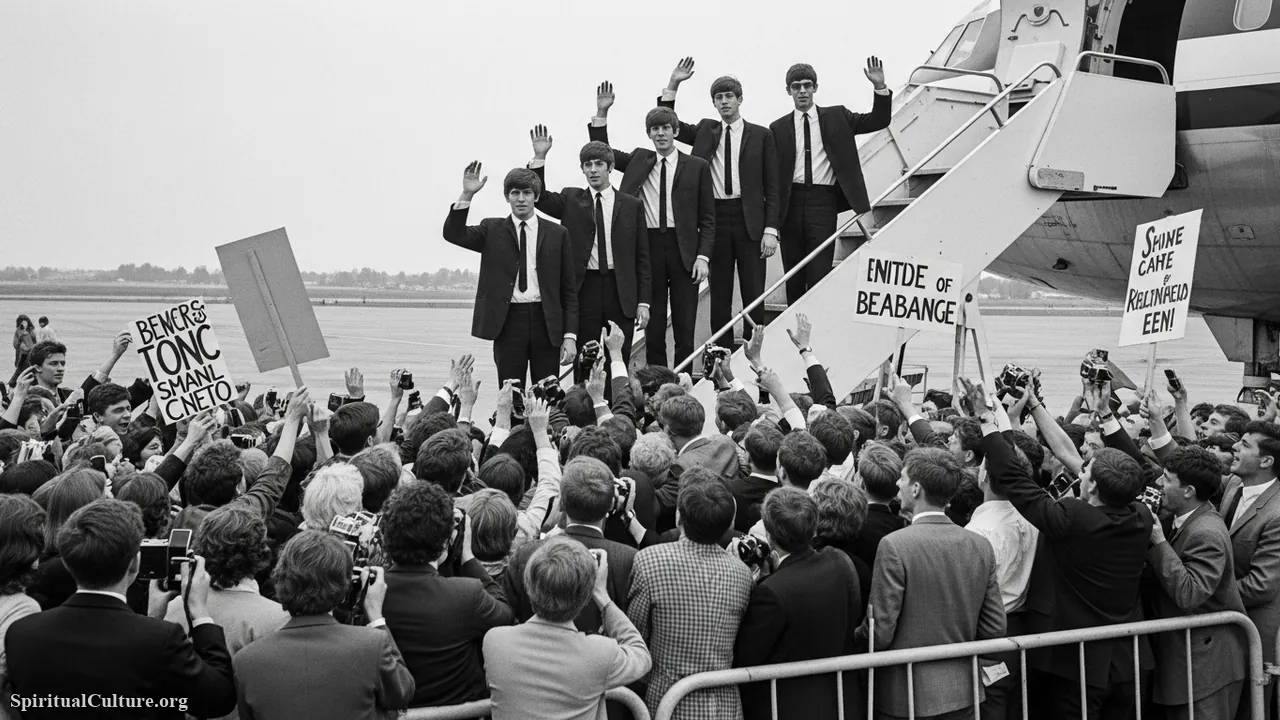Indonesia is located in Southeast Asia and Oceania, with a population of over 270 million people. It is the world’s largest island country, comprising more than 17,000 islands.
The culture of Indonesia is deeply rooted in its traditions and values, which are reflected in its art, music, dance, and literature. The country is home to many ethnic groups with distinct cultural traditions and practices.
One of the most distinctive aspects of Indonesian culture is its strong emphasis on community and family. Family ties are very important in Indonesia, and extended families often live close to one another. The concept of “gotong royong,” or mutual assistance, is also a key part of Indonesian culture, with people often working together to achieve a common goal.

Indonesian cuisine is also an important part of the country’s culture, with various dishes influenced by different cultural traditions. Rice is a staple food in Indonesia, and many meals are served with various side dishes, including vegetables, meats, and seafood.
Regarding art and literature, Indonesia has rich storytelling, poetry, and music tradition. Traditional Indonesian dance and music are also an important part of the country’s culture, with various styles and instruments used in performances.
People’s Indonesia is predominantly Muslim, with around 87% of the population identifying as Muslim. However, the country is also home to diverse religious traditions, including Christianity, Hinduism, Buddhism, and traditional animist beliefs. The government of Indonesia is committed to upholding religious freedom and tolerance, and there is a strong tradition of inter-religious harmony in the country.

Indonesia celebrates various festivals and holidays annually, many of which are based on religious traditions. One of the most important holidays in Indonesia is Eid al-Fitr, which marks the end of the Islamic holy month of Ramadan. Other major holidays include Christmas, Chinese New Year, and the Hindu holiday of Nyepi.
The country’s rich cultural heritage heavily influences Indonesian art and architecture. Traditional Indonesian architecture is characterized by its use of natural materials, such as wood and bamboo, and its strong emphasis on symmetry and balance. Indonesian art includes various styles and forms, including sculpture, painting, and traditional crafts such as batik, a fabric dyeing recognized as a UNESCO Intangible Cultural Heritage.

Indonesian is the official language of Indonesia, and most of the population speaks it. However, many regional languages are spoken throughout the country, and English is widely spoken in urban areas.
Soccer is the most popular sport in Indonesia, and the national team has had some success in international competitions. Other popular sports in Indonesia include badminton, basketball, and martial arts. Regarding recreational activities, Indonesians enjoy a wide range of activities, including hiking, surfing, and diving. The country’s many beaches, forests, and mountain ranges offer a wide range of opportunities for outdoor recreation.
Indonesian music and dance are important to the country’s cultural heritage. Traditional music in Indonesia is characterized by various instruments, including gamelan (a type of percussion instrument), and by the use of vocal styles unique to different regions of the country. Traditional Indonesian dance is also very diverse, with a wide range of styles and traditions that reflect the country’s cultural diversity.
Indonesian fashion is diverse and reflects the country’s cultural influences. Traditional Indonesian dress, such as the batik shirt and kebaya (a type of blouse), is popular in Indonesia and is often worn on special occasions. Various styles, including Western fashion trends, influence modern Indonesian fashion.

Education is highly valued in Indonesia, which has a well-developed education system. Primary and secondary education is compulsory in Indonesia, and there are many universities and colleges throughout the country. The Indonesian education system is influenced by various cultural and international traditions and is designed to prepare students for a wide range of careers.
Overall, the culture of Indonesia is a unique blend of traditional and modern influences, and it is a country with a rich and diverse cultural heritage.




